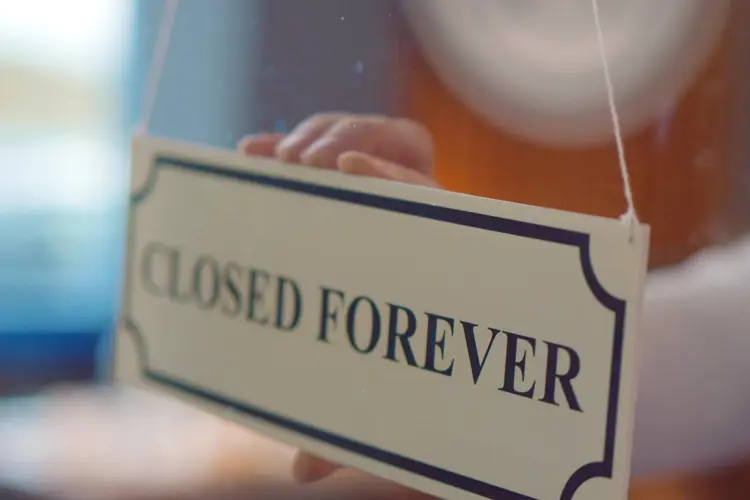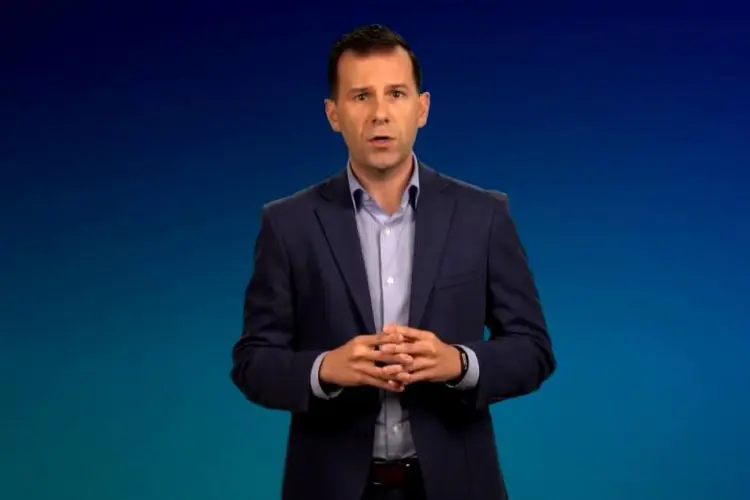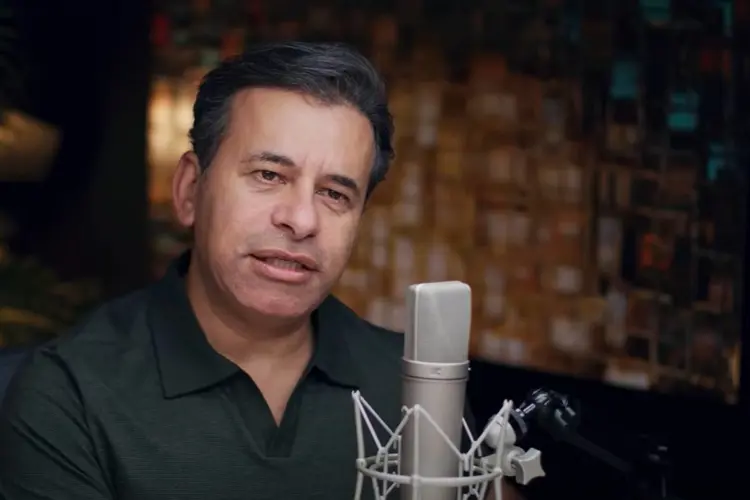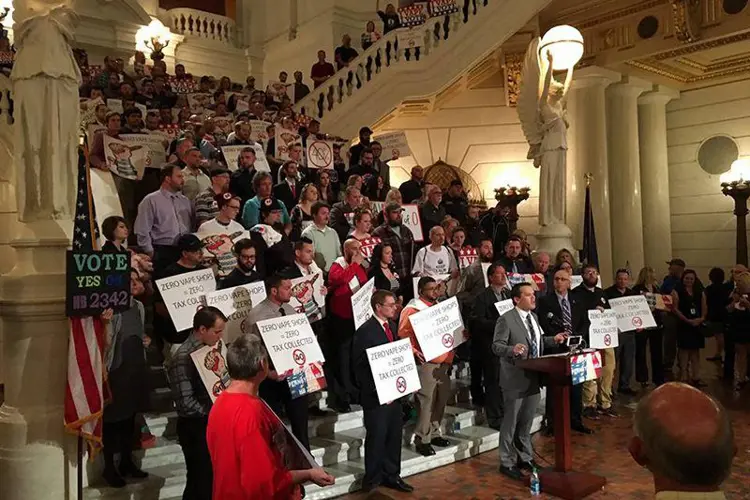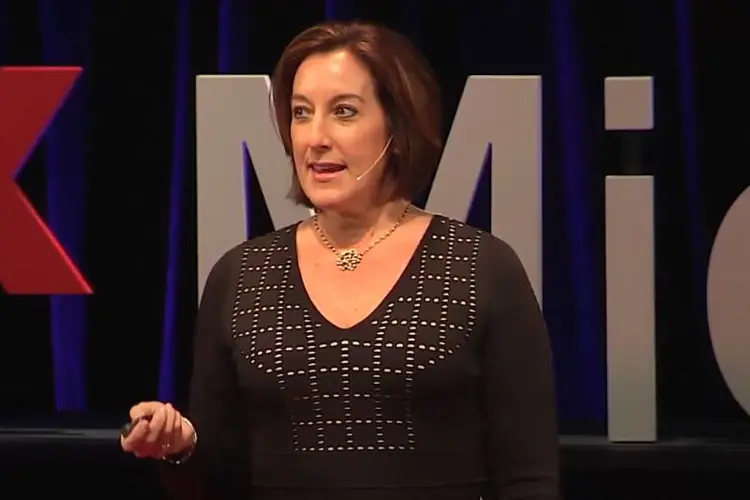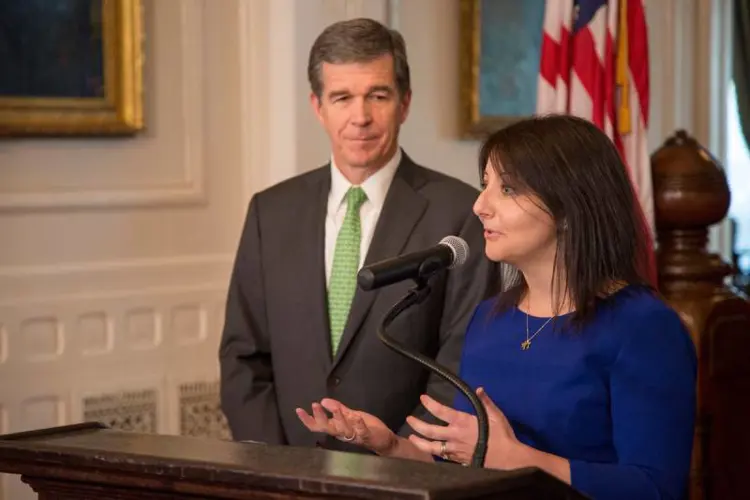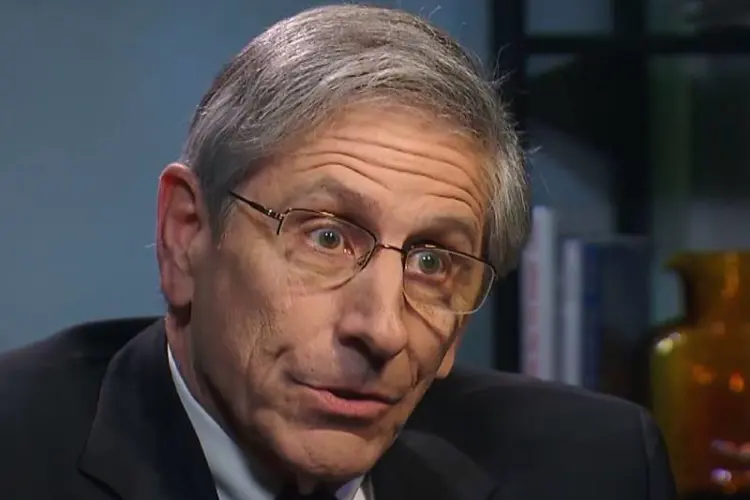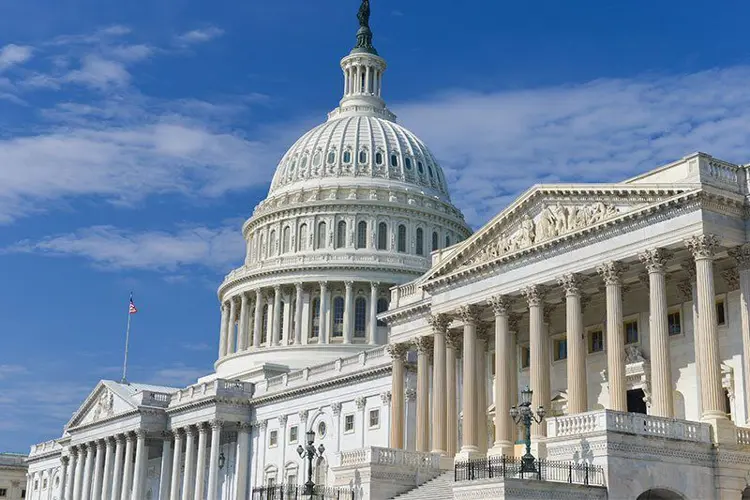Like just about every news outlet in the country, Boston public radio program On Point led its April 5 vaping segment with the two biggest vaping news topics: e-liquid flavors, and the supposed epidemic of teenage vaping, driven by use of the JUUL.
And, also like just about every other news outlet, On Point host Jane Clayson got the vaping facts wrong. Very, very wrong.
“We’re turning now to the dangerous trend of teen vaping,” Clayson said in the program’s intro. “Devices like e-cigarettes and the new brand JUUL, with flavors like candy cane and gummy bear, and a lot of nicotine. Teenagers — even middle-schoolers — are getting hooked. Here’s a teen on YouTube, teaching a vaping trick…”
audio mp3="http://vaping360.com/wp-content/uploads/2018/04/NPR-lies-about-juul-and-abby-vapes.mp3"][/audio
Clayson then played a 2014 clip from the YouTube show Abby Vapes. Host Abby (who prefers we use her first name only) is a young woman, but clearly not a teenager. On Point is syndicated by Boston University station WBUR and heard on more than 290 National Public Radio stations around the country. Potentially millions of NPR listeners heard Clayson misidentify Abby as a teenager — and, of course, since it is a radio show and listeners couldn't see Abby, they would have no reason to doubt the trusted WBUR host.
Abby wasn’t especially surprised. “Other media outlets have used my videos and images to condemn vaping,” she told Vaping360. “My immediate reaction was anger and worry. I was angry that they chose to classify me incorrectly as a teenager and use my audio in a broadcast.
“I’m also worried that, if this broadcast is not retracted quickly, there will be public backlash from my fans. I do not create content for teenagers, nor are they my peers — which is what WBUR's broadcast would like you to think.”
But why would WBUR want to make anyone think that vaping is a teen activity?
Why are JUUL and flavors the top targets?
Abby was the only person directly hurt by the On Point broadcast, but she wasn’t the target. The coordinated campaign against JUUL has reached just about every American by now, through newspaper and magazine articles, local and national TV news broadcasts, live seminars offered to parents by local anti-drug groups, and grandstanding speeches by politicians.
The frenzy around the JUUL is being stoked by longtime vaping opponents like the Campaign for Tobacco-Free Kids, the Truth Initiative, and the American Academy of Pediatrics. Their other target, of course, is e-liquid flavors, which are under review by the FDA. The FDA attempted to ban flavors in 2016, and there’s no reason to think they don’t still have that intention.
Those groups are all part of a new lawsuit against the FDA aimed at forcing the agency to reinstate its original August 2018 deadline for vape manufacturers to submit premarket tobacco applications (PMTA’s) for their existing products. They may be hoping the campaign against JUUL will give the FDA an excuse to take action sooner than the scheduled 2022 deadline.
A flavor ban would kill most of the independent American vape industry, leaving only JUUL as an obstacle to eliminating vaping. It’s important that all vapers support JUUL — and likewise for JUUL to show solidarity with the smaller vaping companies. No one in the vaping industry is marketing to kids or selling to them. Rather, the forces lined up against vaping are terrified that vaping might actually now be threatening cigarettes in a real way.
The goal for anti-vaping forces is to whip up enough fear, uncertainty and doubt among parents and school staff that they will help pressure the FDA to ban flavors and restrict the sales and marketing of vapes. There are Reefer Madness-like elements to the mania over JUUL, with authority figures like high school principals and pediatricians breathlessly counting down a list of terrible consequences for our children if we can't stop the awful threat.
The only problem is that there is no actual evidence that teen use of the JUUL is exploding, as they keep insisting it is.
“The media reports of a teenage juuling ‘epidemic’ do not add up with population studies that show regular use of these products by never smokers to be very low,” University of Waterloo (Ontario) sociologist Amelia Howard told Vaping360 in a recent article. “The juuling stories have the classic hallmarks of a moral panic: widespread fear based on exaggerated risk.”
Listening to the On Point show, Abby agreed. “It felt very rushed and didn't have much solid evidence or content about Juul use in schools,” she says. “They focus on the fact that these pod vaping devices use nicotine salts (they don't use that term though), which provide a rush or buzz similar to a cigarette and say that's what gets underage teens addicted.
“However,” she added, “this is also what helps many adults quit smoking cigarettes.”
Is YouTube going to dump vaping?
In the early years of vaping, YouTube reviews were a primary source of information for many vapers and smokers. Excited newbies hooked up webcams and reported on their latest gear and e-liquid purchases. Countless smokers found the information they needed to switch to vaping on YouTube. And manufacturers in China used reviewers’ praise and criticism to learn what vapers wanted from their products.
“I smoked for 11 years and quit with vaping five years ago,” Abby told us. “I've been creating vaping-related videos on YouTube for four years. I started my YouTube channel because there wasn't much information available about vaping. I had a lot of questions about hardware, e-liquid, and coil building! I wanted to document my experience as a beginner and share troubleshooting tips that I found helpful.”
But being a YouTube vape reviewer nowadays is becoming less and less attractive. The Google-owned site recently made it almost impossible for vape-related content providers to monetize their posts. And YouTubers say the company’s algorithms no longer favor their videos.
“I am greatly concerned about YouTube restricting vaping content,” says Abby. “I have seen a significant drop in viewership of my channel over the last six months. I believe YouTube has already taken some steps to ‘hide’ some of this content on their website. Our videos are less likely to show up as recommended or on the front page.”
Abby has shifted her focus to Twitch, an online gaming site owned by Amazon. Her weekly (Friday, 8:00 p.m. ET) live show gets edited down for her YouTube channel, but like many concerned online vape figures, Abby seems to be preparing for a post-YouTube world. That’s significant, considering that she has more than 112,000 YouTube followers.
And vaping has more than just a YouTube problem. Almost all of the major social media platforms have made moves that affect vaping content. Reddit recently banned all e-liquid commerce. Facebook and Google restrict advertising, with Facebook even preventing advocacy groups from paying to promote their posts. That’s because they follow the FDA’s definition of vapes as tobacco products, they say.
Social media companies are being pressured by the same groups that are fighting to ban e-liquid flavors. A recent study from activist Stanford professor Robert Jackler — famous to vapers as author of an unintentionally hilarious study on unicorn imagery in vape marketing — hammers Facebook for allowing vape businesses to even have pages with links to their websites.
"The good thing is especially with all this stuff going on – the privacy breaches and content issues around hate speech and fake news – this is low-hanging fruit for Facebook, I would think,” Jackler told CNBC. He’s essentially demanding Facebook get rid of vaping content, restricting speech and free association for vaping enthusiasts
What’s next?
If vapers and the vaping industry can’t mount a serious response to the FDA’s planned flavor ban and the ruthless attacks on JUUL, we may soon witness the end of a beautiful moment. For more than a decade, smokers obsessively built their own solution to cigarettes — and now, all the groups and organizations and industries that are threatened by vaping are hitting back hard.
They’re desperate to save the thing that pays them all: cigarette sales. And they don’t care who gets hurt. They want to silence our voices on social media, and take away the things we’ve built for ourselves.
Meanwhile, WBUR has edited their online audio to remove Abby’s voice and the reference to her being a teenager. But the station hasn’t issued a correction, or apologized. “I don’t know yet what kind of effect this will have on me as a content creator in the vaping industry,” Abby says.
The Freemax REXA PRO and REXA SMART are highly advanced pod vapes, offering seemingly endless features, beautiful touchscreens, and new DUOMAX pods.
The OXVA XLIM Pro 2 DNA is powered by a custom-made Evolv DNA chipset, offering a Replay function and dry hit protection. Read our review to find out more.
The SKE Bar is a 2 mL replaceable pod vape with a 500 mAh battery, a 1.2-ohm mesh coil, and 35 flavors to choose from in 2% nicotine.
Because of declining cigarette sales, state governments in the U.S. and countries around the world are looking to vapor products as a new source of tax revenue.
The legal age to buy e-cigarettes and other vaping products varies around the world. The United States recently changed the legal minimum sales age to 21.
A list of vaping product flavor bans and online sales bans in the United States, and sales and possession bans in other countries.







